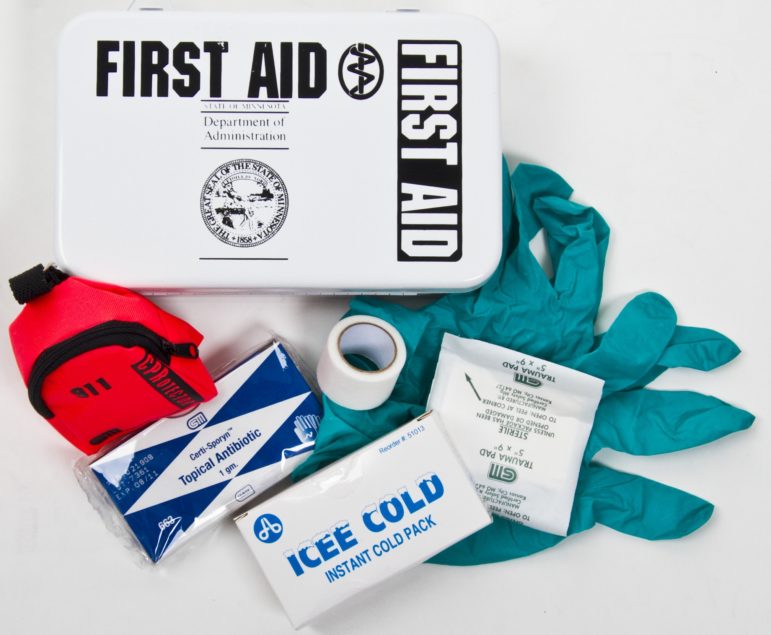
MCPA Photos
In our current political climate, workers face increasingly serious threats from the federal government. The Trump administration has demonstrated that they are willing to turn a blind eye to workers’ rights, and have already actively undermined legal protections for workers. To their credit, many leaders in New York State have, thus far, stood with working New Yorkers in the face of these threats.
Unfortunately, these same leaders have neglected to address a systemic issue impacting the rights and economic security of workers. In 2016, after hearing reports from workers and colleagues that the Workers’ Compensation Board was neglecting the needs of workers’ compensation claimants with limited English proficiency, the Workers’ Protection Coalition, led by the National Center for Law and Economic Justice, embarked on a monitoring project to ascertain the extent of the problem in New York City. The results, published this week in our report titled “Compensation not Open to Interpretation: Language Access in New York State Workers’ Compensation Hearings,” are troubling.
Our report finds that the New York State Workers’ Compensation Board frequently fails to provide essential language access services to injured workers. In more than forty percent of hearings in which a claimant required interpretation, the Board failed to provide it. We did not observe a single hearing in which the entire proceeding was interpreted. Additionally, when interpretation is provided, the Board utilizes telephone interpretation services that do not adequately interpret complex, jargon-laden hearings.
Adequate interpretation in the workers’ compensation system is essential—especially in a state like New York, where 13 percent of the population has limited English proficiency. As a result of the Board’s interpretation practices, many workers do not enjoy the security that is provided by workers’ compensation when the system functions as it should.
Workers’ compensation is an essential benefit provided to workers in New York. When a worker is injured on the job, they are entitled to medical treatment and lost wages, paid by their employer’s insurance carrier. In exchange for the security of workers’ compensation, injured workers in New York typically cannot bring personal injury lawsuits against their employers. The system is supposed to function for the mutual benefit of employers and workers—employers are protected from lawsuits, and workers receive medical treatment and lost wages without pursuing a long, expensive legal action in court.
However, in recent years, this balance has shifted away from workers. Workers have faced decreased benefits, limited access to hearings when their claims are contested, and, as our report demonstrates, wholly inadequate interpretation services. Our report lays out concrete steps the Workers’ Compensation Board should implement immediately to improve language access for New York’s injured workers.
Read our full report here.
Leah Lotto and Katie Deabler are Staff Attorneys at the National Center for Law and Economic Justice. NCLEJ is a member of the Workers’ Protection Coalition, which unites unions, injured workers, workers’ centers, law firms, and community-based organizations to advocate for a Workers’ Compensation system in New York State that works for injured workers and that is governed by principles of equity and justice.








